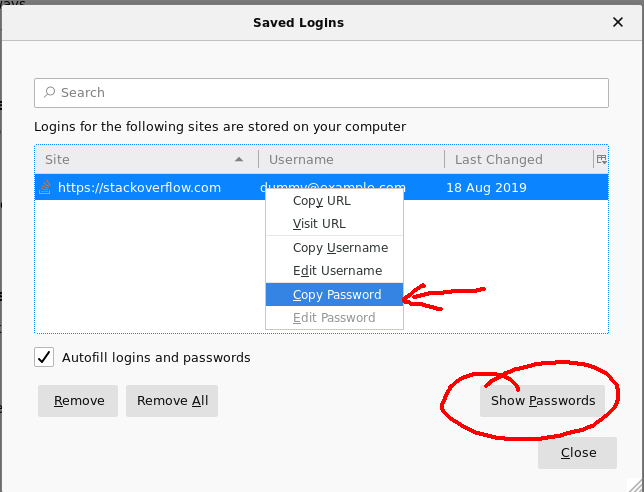It's my understanding that passwords I save in Firefox's Password Manager are encrypted and that setting a Master Password encrypts the encryption key used in this process. The Google hit for "Does firefox encrypt saved passwords?" returns this Mozilla Support forum article in which the chosen answer (posted by a moderator) states:
The passwords stored in logins.json are encrypted, but the encryption key is stored in key4.db (previously in key3.db) and without a master password you merely need to place the two files is Firefox profile folder to see the passwords in the Password Manager.
(Note that logins.json is where FF stores passwords.)
This Information Security question posted by a high rep user assumes the encryption of the passwords, even before a user has set a Master Password, as does this well-received question.
But according to the Sophos Naked Security article, Firefox fixes “master password” security bypass bug, Mozilla released a security fix to resolve an issue where an attacker can copy saved passwords to the clipboard without entering the Master Password:
It was found that locally stored passwords can be copied to the clipboard thorough the ‘copy password’ context menu item without first entering the master password, allowing for potential theft of stored passwords.
How is this possible if the passwords are encrypted?
Isn't the Master Password, needed to decrypt them before access? I'm very worried now that an attacker that gains access to my logins.json and key4.db files would have all my saved passwords!

